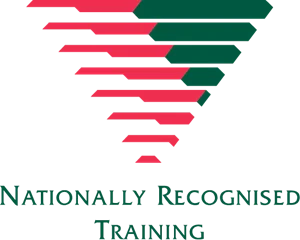
This course describes the skills and knowledge required to conduct tip truck operations in the resources and infrastructure industries.
It applies to those working in supervisory and technical specialist roles. They generally work under minimal supervision to undertake a broad range of skilled applications in varied work contexts, using some discretion and judgement in selecting equipment, services or contingency measures.

Course Fee
Duration
3 Day » Include one (1) day practical assessment.
Location
-
»To Be Announced
More Details
A tip truck is a truck used for transporting loose materials (such as sand, gravel or dirt) for construction. A typical tip truck is equipped with an open-box bed, which is hinged at the rear and equipped with hydraulic pistons to lift the front, allowing the materials in the bed to be deposited (dumped) on the ground behind the truck at the site of delivery.
It is important to follow all appropriate procedures and guidelines when operating a Belly Dump Truck. This will ensure the belly dump is operated within applicable guidelines and that work is conducted in a safe manner.
- RIIVEH304E Conduct tip truck operations
participants must:
- Be 18 years of age and above.
- Have a current SafeWork NSW White Card (or equivalent).
- Provide photo ID documents with date of birth and signature.
- Have physically and mentally capability to prepare to work safely in the construction industry. All participants must be able to be physically fit and wear protective clothing and required PPE.
- Provide Unique Student Identifier (USI) number
- Complete TP Training Language, Literacy and Numeracy assessment
This course combines plain English, videos, photos, and questioning to ensure all learners are able to have the best possible chance at comprehending the required knowledge and skills. If you believe you will need assistance to complete the course due to your Language, Literacy or Numeracy skills, please contact our office on 1800 577 301 or [email protected] to discuss your training needs.
This course requires 2-days attendance of classroom-based training with allocated breaks and 1 day attendance of assessment.
Participants should arrive 15 minutes prior to the scheduled starting time of the course to complete the necessary enrolment paperwork.
If participants arrive 15 minutes after the scheduled starting time, entry to the course will be refused.
Wear steel capped or safety boots on site; sun protection – Hat, long sleeved shirt and pants are also recommended.
Training and assessment will take place in TP Training Seven Hills campus by a qualified Trainer monitoring your progress.
The course is delivered with both theory and practical elements and is completed via a simulated work environment. The delivery of training will include a mixture of classroom delivery, group discussions and practical demonstration.
Assessment is used to provide you with feedback on your progress and to measure your skills and knowledge against the training qualification requirements and those of the industry. The assessment process may include written questions, case studies and practical demonstrations.
After successful completion of the training and assessment, you will receive a nationally recognised Statement of Attainment (SOA) issued by TP Training listing the unit of competency included in this training course.
